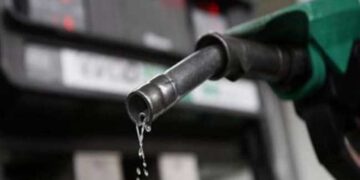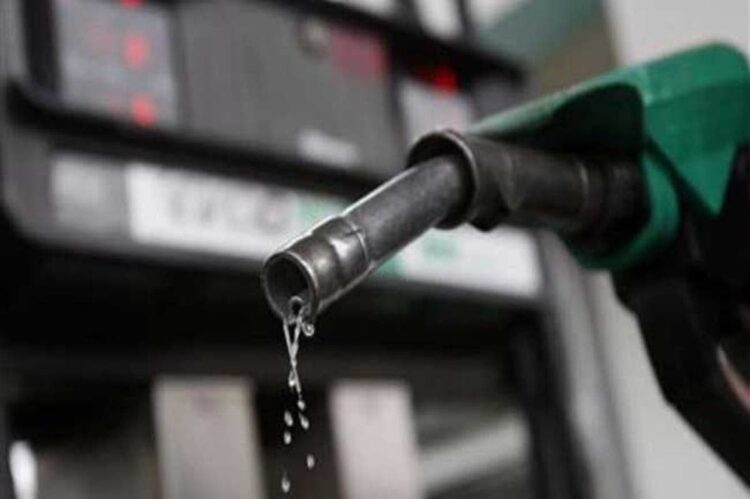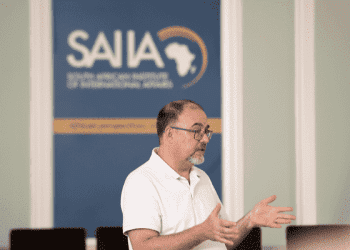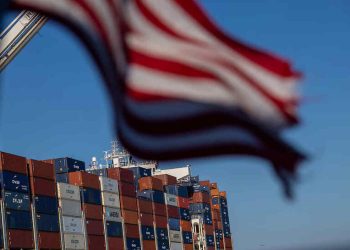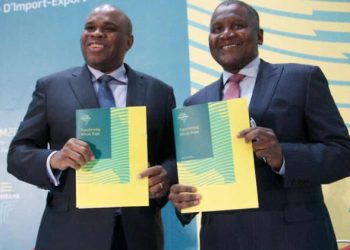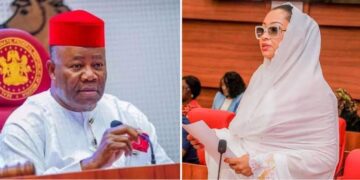The Federal Government of Nigeria has announced a significant decline in the country’s daily petrol consumption, which has dropped to 50 million liters per day, a development attributed to higher fuel prices and shifting consumer behavior following the removal of fuel subsidies in 2023.
This revelation, shared by the Nigerian Midstream and Downstream Petroleum Regulatory Authority (NMDPRA), underscores a transformative period for Nigeria’s energy sector, even as the nation continues to grapple with its reliance on imported petroleum products.
According to a statement from the NMDPRA, prior to the subsidy removal announced by President Bola Tinubu on May 29, 2023, Nigeria’s daily Premium Motor Spirit (PMS) demand averaged 66 million liters.
The reduction to 50 million liters for petrol consumption reflects the impact of elevated fuel prices, which have prompted Nigerians to conserve fuel or seek alternatives, as well as improved efficiency in distribution and consumption patterns.
The NMDPRA’s Executive Director, Ogbugo Ukoha, recently noted during a press conference that this drop in petrol consumption has been accompanied by an absence of fuel shortages during the recent Yuletide season, crediting proactive import measures and local production efforts.
Local Refineries Step Up, But Imports Persist
A key highlight of the government’s report is the growing contribution of domestic refineries to Nigeria’s petrol supply.
Local refineries, including the state-owned Port Harcourt, Warri, and Kaduna facilities, alongside the privately operated Dangote Refinery, are now supplying approximately half of the nation’s daily petrol requirements.
The Dangote Refinery, with a capacity to process 650,000 barrels of crude oil per day, has emerged as a game-changer, holding a massive stockpile of 500 million liters of PMS.
This stockpile has sparked intense debate, with the Crude Oil Refiners Association of Nigeria (CORAN) and other industry stakeholders urging the Federal Government to halt petrol imports, arguing there is no justification for continued importation given the domestic reserves.
Despite this progress, Nigeria’s combined refining capacity of 985,000 barrels per day far exceeding its current needs still falls short of meeting full domestic demand.
The NMDPRA revealed that domestic refineries are producing less than 50% of the required 50 million liters daily, forcing the country to rely on imports for the remainder.
This persistent import dependency has raised questions about the operational efficiency of Nigeria’s refineries and the broader challenges in achieving energy self-sufficiency in a nation that is Africa’s largest oil producer and a member of OPEC.
Dangote Refinery at the Center of Petrol Consumption Debate
The Dangote Refinery, located in Lagos, has become a focal point in Nigeria’s efforts to reduce its reliance on imported fuel.
With a capacity to produce enough fuel to meet 100% of Nigeria’s petrol consumption and generate surplus for export, the refinery’s operational success is seen as a potential turning point for the country’s energy sector.
Recent reports indicate that the refinery’s 500 million liters of PMS stockpile could eliminate the need for imports if fully utilized, a prospect that has led to calls from CORAN and other refinery owners for an immediate ban on petrol imports.
However, skepticism persists among some Nigerians and industry experts.
Social media reactions reflect public doubt about the government’s figures and claims, with some questioning the accuracy of the reported petrol consumption drop and others suggesting that only those with sufficient income are purchasing fuel, indicating economic constraints driving the reduction in demand.
Challenges and Opportunities Ahead
While the reduction in petrol consumption and the increased output from local refineries signal progress, Nigeria’s energy sector faces ongoing challenges.
The NMDPRA’s Ukoha warned that failure to bridge the shortfall between local production and demand could lead to fuel scarcity, prompting the authority to consider “suppliers of last resort” under the Petroleum Industry Act (PIA) if necessary.
Additionally, concerns about substandard imports have been addressed, with Ukoha assuring Nigerians that all petroleum products entering the country in 2025 meet quality standards set by the Standards Organisation of Nigeria (SON) and the PIA.
The Dangote Refinery’s role is critical, but its ability to fully meet domestic demand depends on resolving logistical, operational, and regulatory hurdles. Industry analysts note that while the refinery’s capacity is impressive, its effective output and distribution networks must be optimized to eliminate import reliance.
Meanwhile, the government’s push to diversify the economy away from oil exports and focus on domestic refining aligns with long-term goals of economic stability and energy security.
Public Reaction and Economic Implications
The news of reduced petrol consumption has elicited mixed reactions across Nigeria.
For some, the drop signals a necessary adjustment to higher prices and economic realities, while others view it as evidence of government mismanagement or incomplete data.
The trending topic on social media, “Dangote Refinery holds massive PMS stock, sparking calls to end imports,” has amplified discussions, with users criticizing the Nigerian National Petroleum Corporation Limited (NNPC) for allegedly resisting the refinery’s success and others reporting on CORAN’s plea to stop imports.
Economically, the decline in petrol consumption could reduce Nigeria’s foreign exchange expenditure on imports, easing pressure on the naira and potentially curbing inflation.
However, it also highlights the need for broader economic diversification, as petroleum still accounts for nearly 90% of government revenue but contributes only about 10% to the nation’s GDP, according to recent analyses.
As Nigeria navigates this pivotal moment in its energy sector, the interplay between local production, import dependency, and consumer behavior will shape the country’s path toward energy independence.
The Federal Government and industry stakeholders face the challenge of balancing short-term supply needs with long-term strategic goals, all while addressing public skepticism and ensuring affordable access to fuel for millions of Nigerians to tackle the nation’s petrol consumption crisis.
